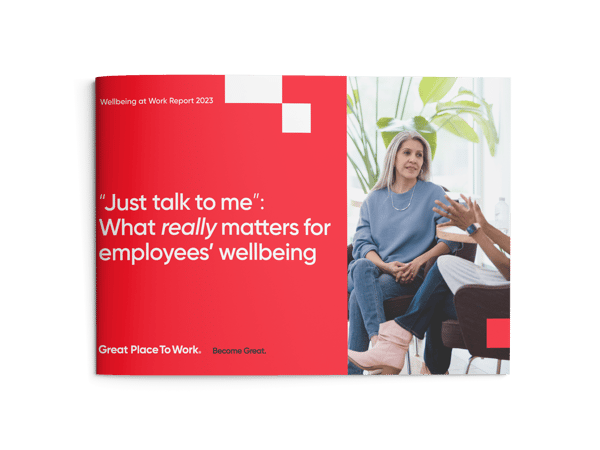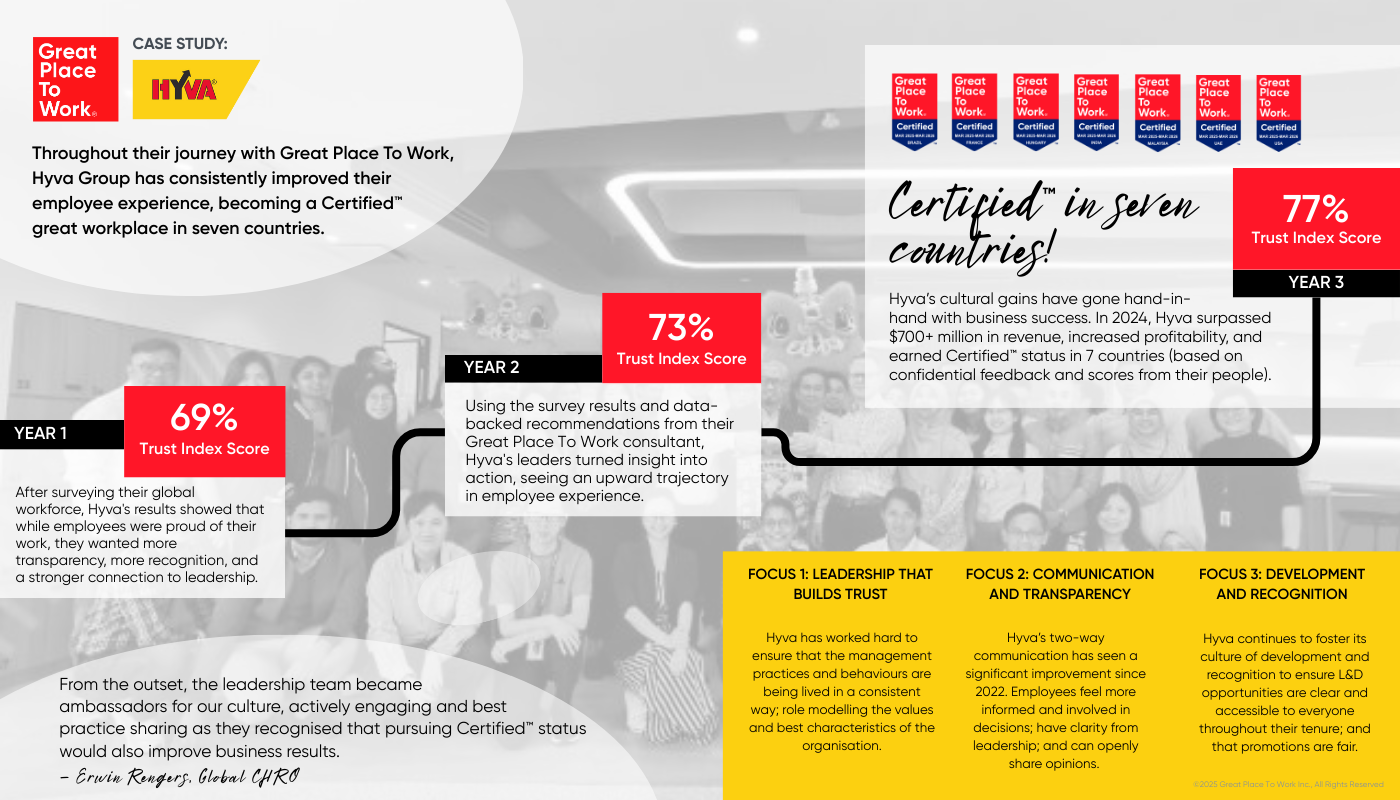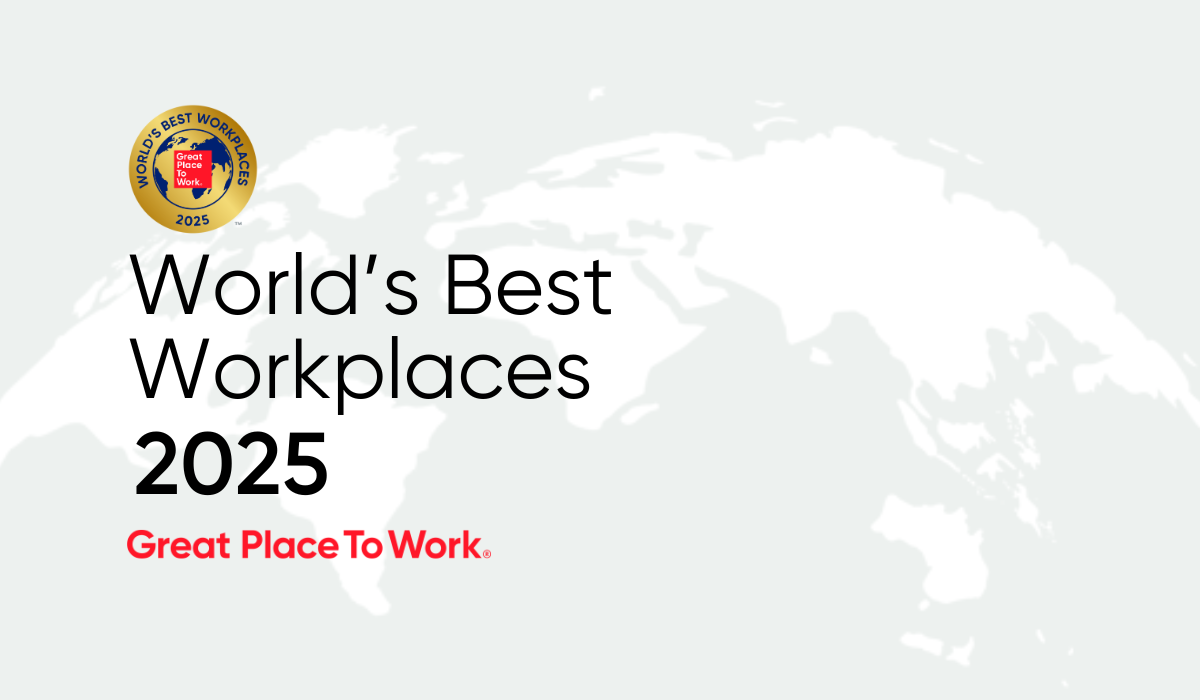We asked over 140,000 employees to share what they care about most when it comes to their wellbeing - and the answer may surprise you.
In 2022, post-pandemic life took a turn in more ways than one.
We witnessed social, political and military unrest around the globe while struggling with our own turmoil at home.
Whilst trying to make sense of the turbulent world around us, UK employers also grappled with the Great Resignation and anxiety over quiet quitting, all while navigating the endlessly complex landscape of hybrid working.
But there are those organisations who were able to find silver linings.
They are the UK's Best Workplaces for Wellbeing 2023, who offer a safe and supportive community for their people by providing tailored support for internal and external challenges.
Keep reading to find out what over 140,000 UK employees told us they need employers to do to improve their wellbeing at work.
It really is that simple.
Like us, you may have assumed financial support and security would be a top priority for employee wellbeing in 2023.
And you're not completely wrong.
Employee responses to our survey revealed the all-consuming nature of money worries and genuine pleas for immediate relief more than a need for longer-term support to bolster financial wellbeing.
It just wasn't at the very top of the list.
Above all, workers in the UK just want their managers to reach out and ask how they are.
Ideally, these manager-to-direct report touchpoints would happen fortnightly or monthly as a minimum, and cover both job-related and personal ground.
It’s not complex or costly, yet can so easily be overlooked.
One example can be seen at Version 1, who ranked #4 in the Super Large category. Managers at the IT consulting firm are advised to schedule at least three 1-2-1 catch-ups with their employees per quarter.
This is supported by training managers to have open conversations, connect with their employees on a deeper level and promote a trusting relationship.
The same goes for managers, too.
Line managers are undoubtedly in a unique and important position of power – and therefore responsibility – when it comes to their direct reports’ wellbeing.
But the lesser talked-about angle is that line managers themselves are employees, as are (often) their managers.
So who’s checking in on their wellbeing? And how can we ensure the pressure of supporting other individuals doesn’t become a detriment
in itself?
The answer may lie largely in ensuring relevant people management skills training, as well as good peer support networks between managers for sharing best practice and offering social-emotional support.
As one manager shared with us in their confidential survey:
“We as front-line management are expected to deal with mental health issues often while dealing with your own. This should be dealt with by a specialist team with the correct training as I would personally hate to be left in a position where something happened to a member of my team through me doing what I thought was right at the time.”
Download our wellbeing report to discover more insights and best practices.










